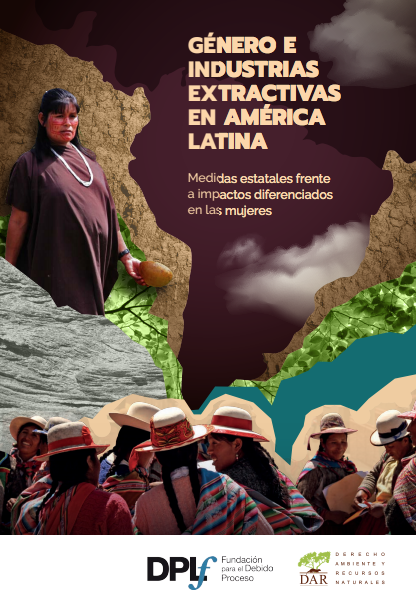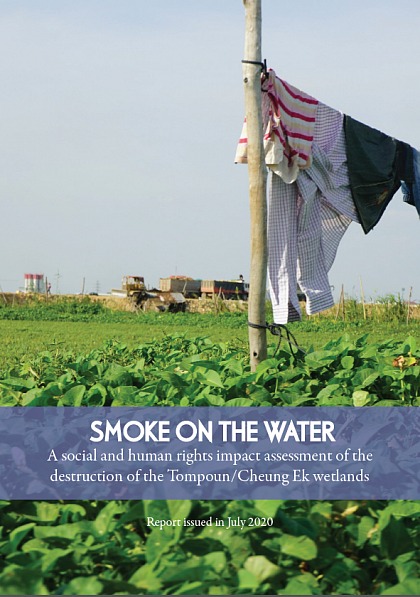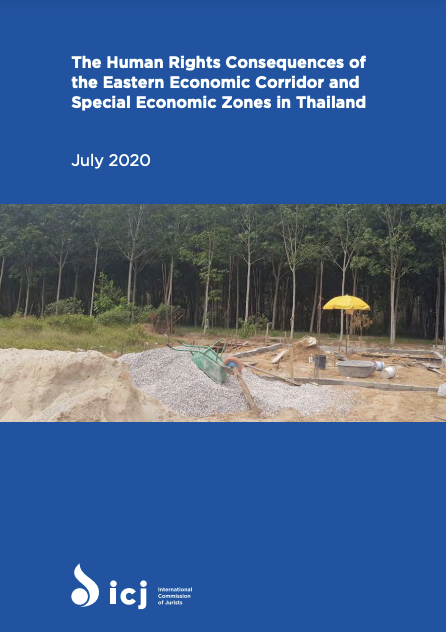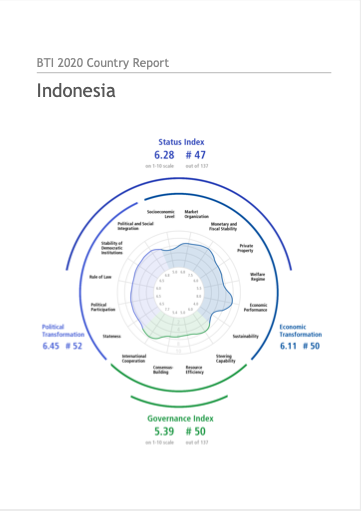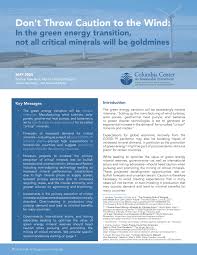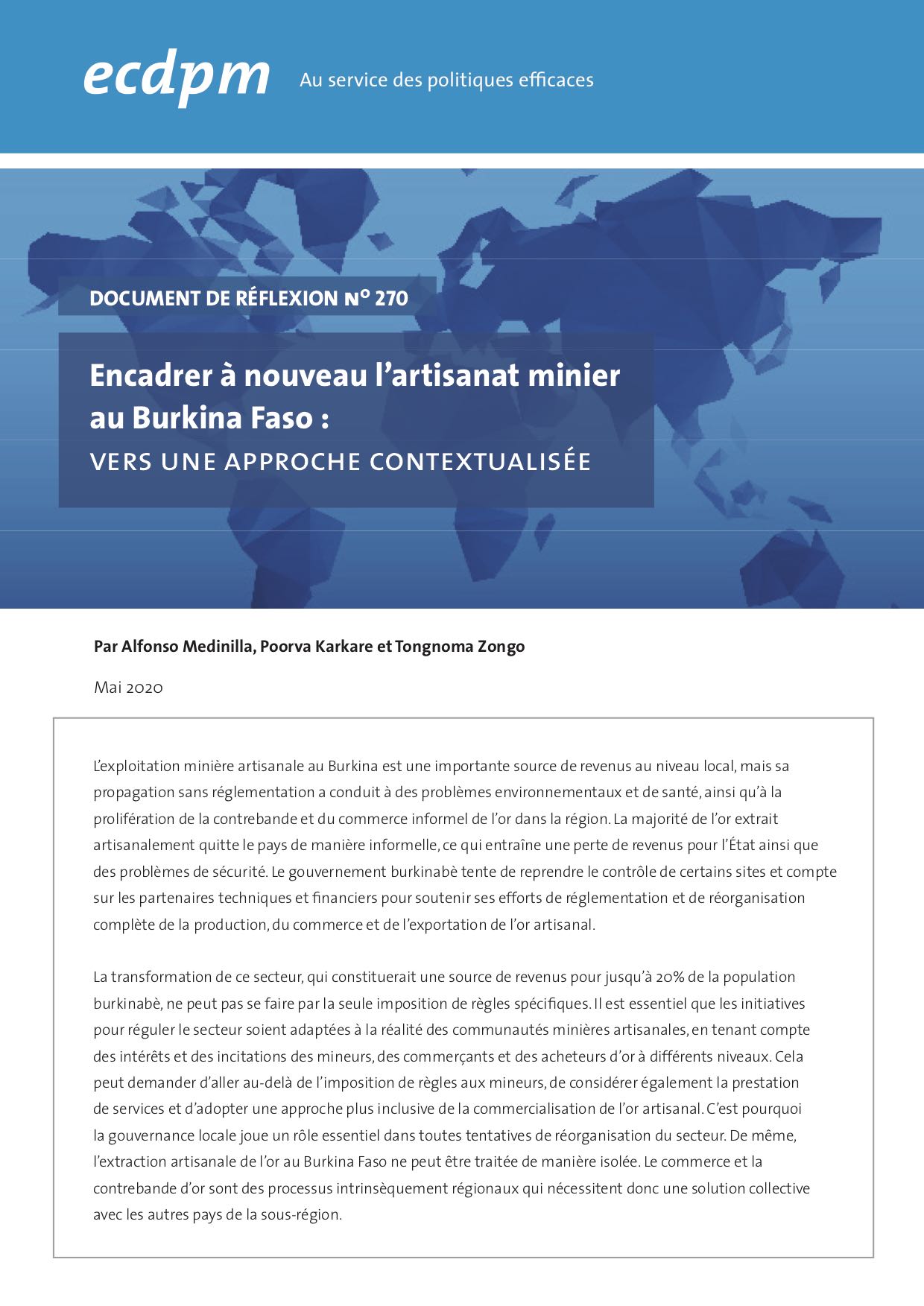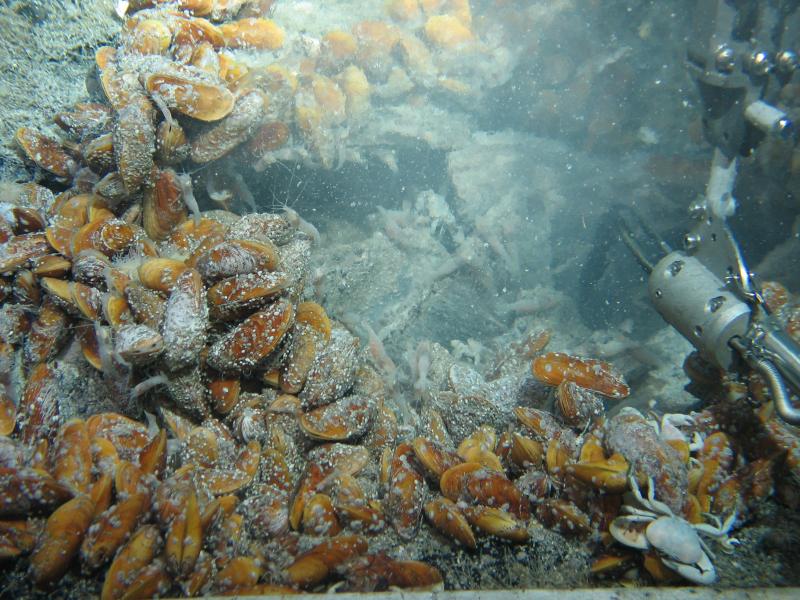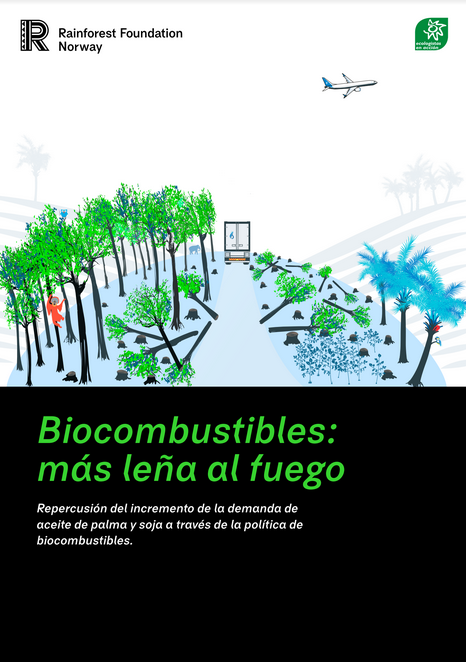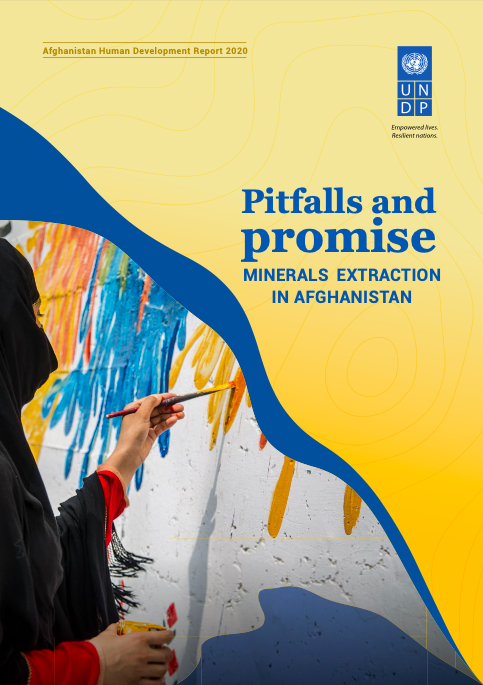GÉNERO E INDUSTRIAS EXTRACTIVAS EN AMÉRICA LATINA
En el marco del trabajo que realiza el GRGE y el Observatorio Regional, se elabora el presente informe, Género e industrias extractivas en América Latina y el Caribe, para tener una información sistematizada sobre la problemática de la perspectiva de género en el marco de las extractivas con el fin de enriquecer el debate de las principales tendencias en materia de impactos en las mujeres.

